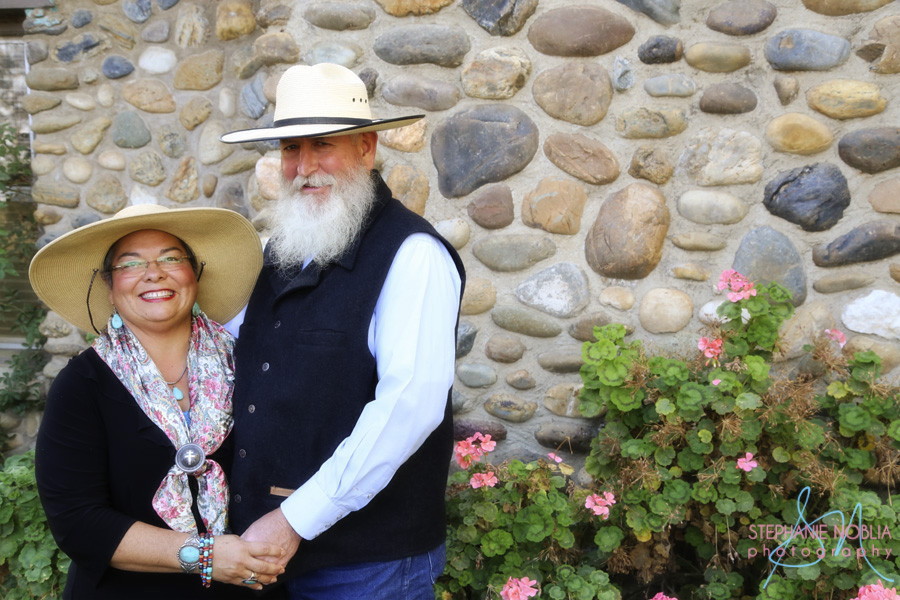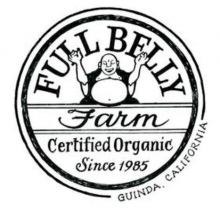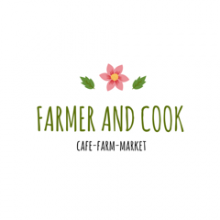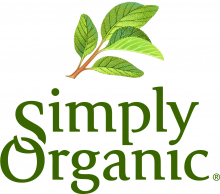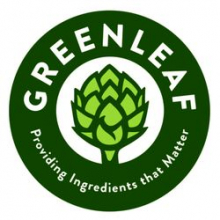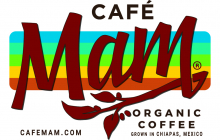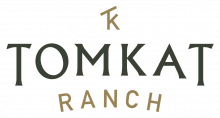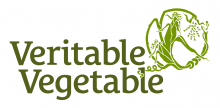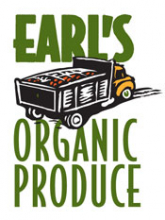Rosie & Ward Burroughs
Emigdio Ballon

Scott Park
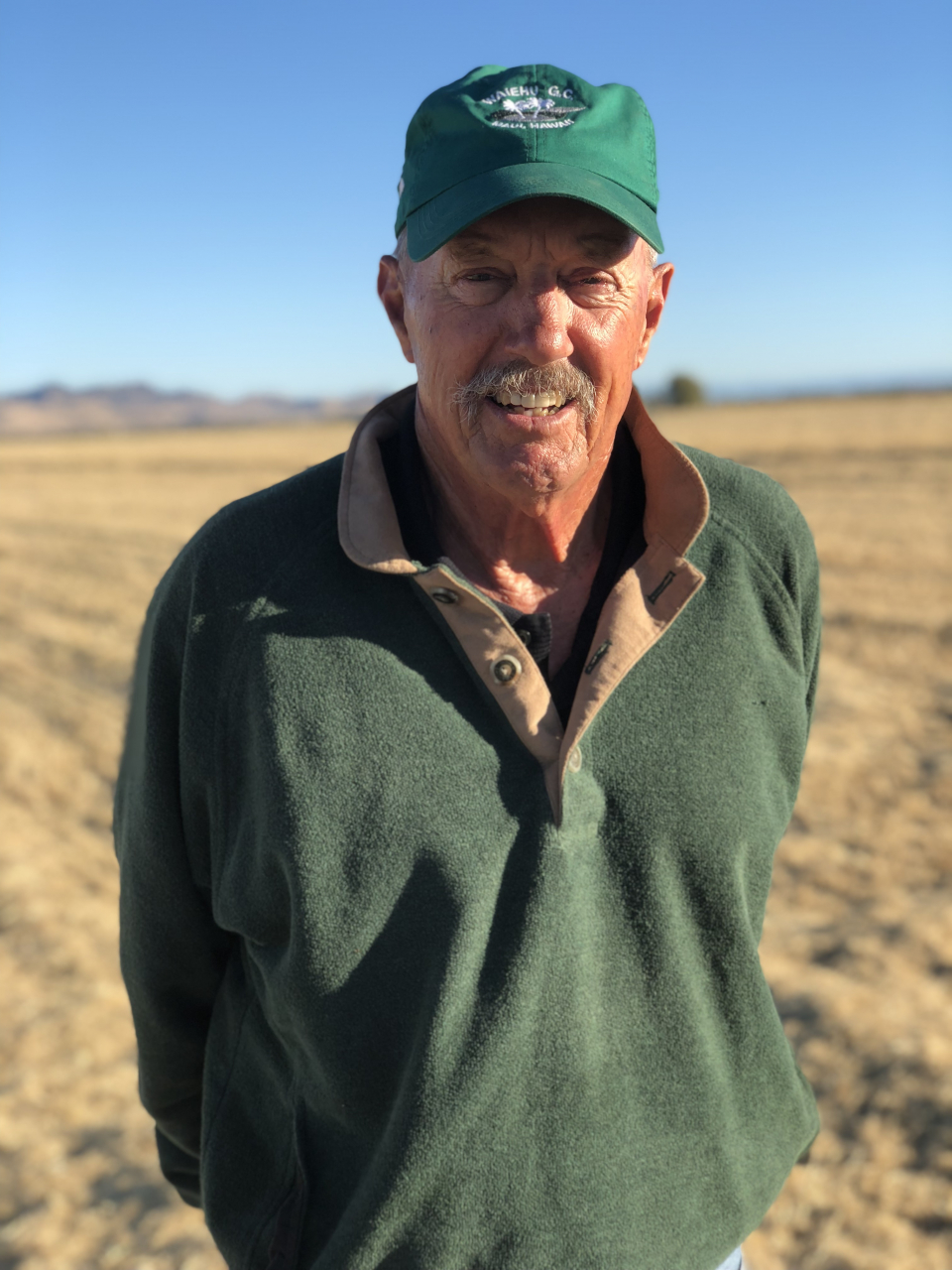
Track and Session Info
Session:
Keynote | 7:45 am
Date and Location
Date:
Fri, Aug 30, 2019
Day:
Friday
Presenter(s):
Rosie & Ward Burroughs and Family
Title:
Rosie & Ward Burroughs and Family
Bio:
Ward and Rosie Burroughs farm with their children and their families, carrying on a family farming legacy in existance for over a century. The Burroughs family own and operate farms in California’s San Joaquin Valley and Southeastern Oregon. Burroughs Family Farms is the marketing flagship ofall the organic products from Full Circle Dairy, California Cloverleaf Farms, Burroughs Family Orchards, and CCF Sullivan Ranch, including almonds, beef, cheese, free-range pastured chickens, grass-based dairies, eggs, seasonal meat birds, and olives. Over the past 17 years, they have converted all of their farms to organic.The Burroughs are continually refining and enhancing their systems to reduce water use and improve soil fertility by focusing on nourishing soil biology and increasing biodiversity. The Burroughs use regenerative agricultural practices that put at the center of their management decisions an emphasison regenerating soil biology rather than depleting it or substituting it with chemical inputs.In 2016 Rosie and Ward Burroughs co-founded the CSU Chico Regenerative Agriculture Initiative, now known as the Center for Regenerative Agriculture & Resilient Systems.The Burroughs believe that their greatest legacy is passing down the farm, the most precious of natural resources, to future generations, in better condition than when they inherited the land.
Website:
Emigdio Ballon
Title:
Emigdio Ballon
Bio:
Emigdio Ballon of Quechua decent was born in Cochabamba, Bolivia. He earned his Bachelors degree in agriculture at Major Bolivian University of Saint Simon in Cochabamba, Bolivia and his Masters degree in plant genetics in Colombia. He studied for his Doctorate at Colorado State University. As a plant geneticist he has specialized in research on quinoa and amaranth grains and has published many articles about them in both South and North America. Emigdio has served as an organic certification inspector in the United States and has made many presentations at major conferences on agriculture. He has studied principles of bio-dynamic farming at the Josephine Porter Institute of Applied Bio-Dynamics and continues to study and make presentations at various seminars. In his little free time, Emigdio pursues research into germination techniques for a wide variety of crops, including traditional Chinese and Ayurvedic herbs and herbs indigenous to Northern New Mexico. His other interests include seed saving and sharing, bio-dynamic and organic farming and sustainable agricultural practices. He is also involved with Native American organizations which stress the importance of seed saving and promote the revival and continuation of traditional crops, both nutritional and medicinal. He employs traditional Quechua techniques and rituals which he learned at his grandfather’s side as a boy in Bolivia. Emigdio serves as Agricultural Director of the Pueblo of Tesuque, and Board President of Four Bridges Traveling Permaculture Institute.
Scott Park
Title:
Scott Park
Bio:
Scott Park (along with his wife Ulla and son Brian) farms 1700 organic acres in the Sacramento Valley. The farm grows 10-20 different crops on 27 fields spread over 10 miles along the Sacramento River south of Meridian. The main crops are processing tomatoes, rice, corn, wheat, barley, dry beans, alfalfa, vine seed crops, squash, cauliflower, as well as various and sundry experimental crops (hemp, quinoa, stevia). Scott started his farming career in 1974 as a first generation farmer with a political theory degree (no ag background). The first 11 years were spent “cloning” what neighbors did, but observing the decline in soil quality along with increased chemical and fertilizer inputs led Park to begin shifting his focus in 1986 from conventional solutions to “natural” inputs. Without a template, the farm struggled for years, but serendipitous results kept the farm moving forward to where it is today- a relatively successful organic farm system that has similar size, crops, and yields to conventional California farms. The farm continues to evolve as the family “tweaks” the system to minimize inputs and let healthy soil and the surrounding environment do the problem solving for the farm.
Website:

